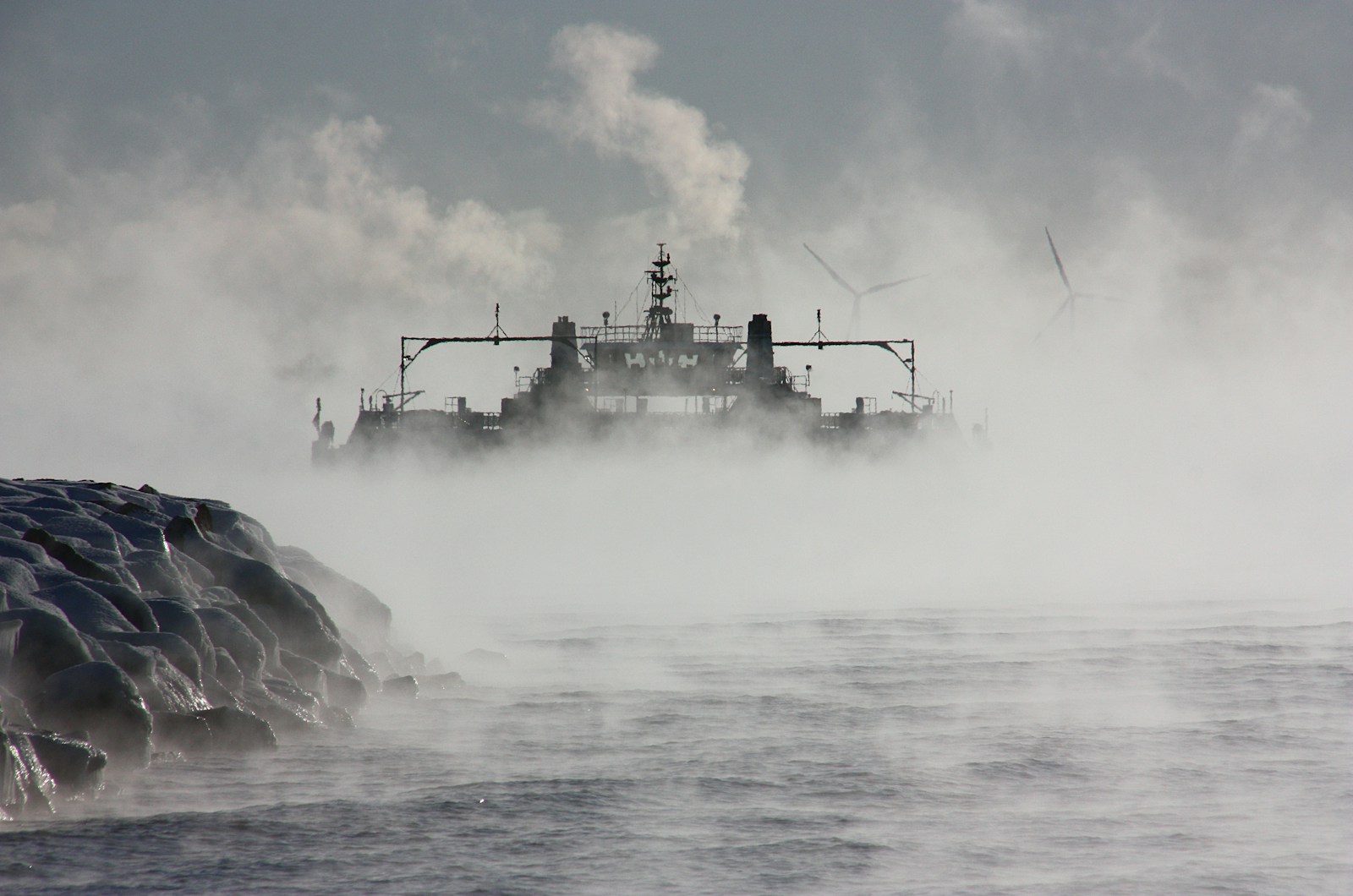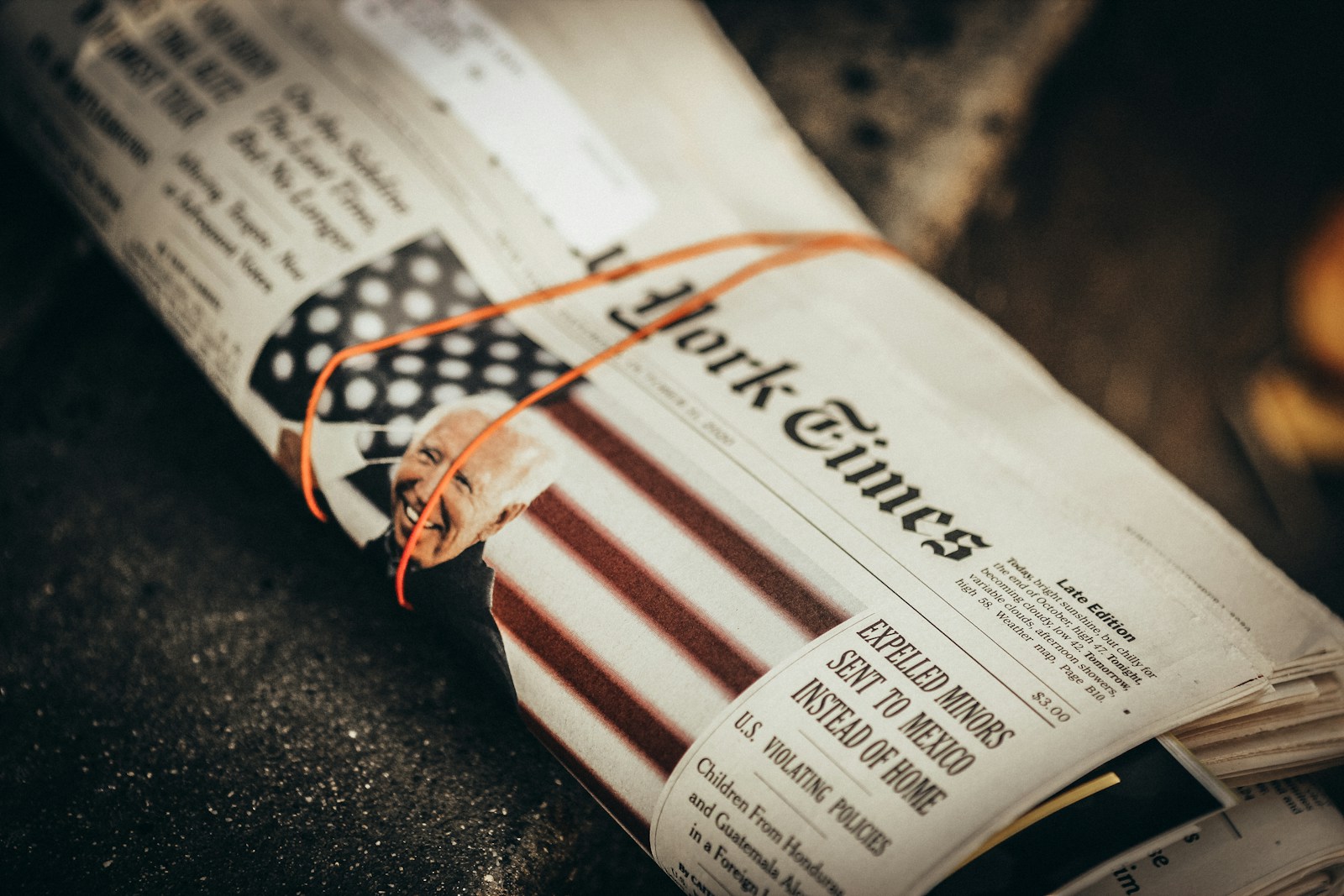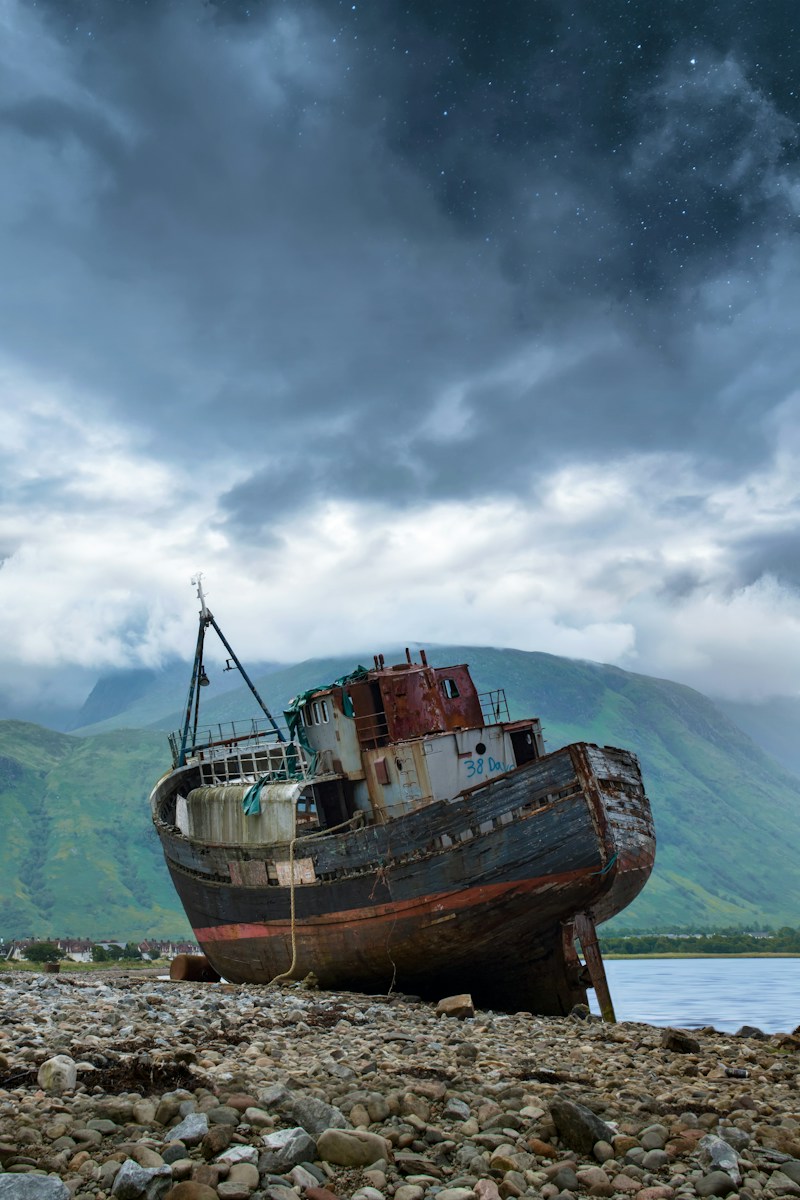

Introduction
The Red Sea crisis has taken a devastating toll on thousands of sheep and cattle, leaving them stranded at sea. This unprecedented event has sparked concerns about animal welfare and the need for better regulations to prevent such incidents in the future. In this article, we will delve into the details of the Red Sea crisis, its impact on livestock, and the steps that can be taken to address this issue.
The Red Sea Crisis: A Brief Overview
The Red Sea crisis refers to the recent incident where a cargo ship carrying thousands of sheep and cattle encountered severe weather conditions, leading to the animals being stranded at sea. The ship, which was en route to its destination, faced unexpected challenges that resulted in a dire situation for the livestock on board.
The Impact on Livestock
Conditions Onboard the Ship
The animals aboard the stranded ship have been subjected to extremely challenging conditions. They have been exposed to rough seas, limited food and water supplies, and overcrowded spaces. These factors have taken a toll on their health and well-being, leading to concerns about their survival.
Animal Welfare Concerns
The plight of the stranded livestock has raised serious animal welfare concerns. The animals are unable to access essential resources, leading to dehydration, malnutrition, and stress. Additionally, the confined spaces and unsanitary conditions onboard the ship further exacerbate their suffering.
Addressing the Red Sea Crisis
International Cooperation and Assistance
The Red Sea crisis calls for international cooperation and assistance to ensure the safety and well-being of the stranded livestock. Collaborative efforts between governments, animal welfare organizations, and maritime authorities are crucial in providing immediate relief and developing long-term solutions.
Emergency Evacuation and Veterinary Care
Immediate steps should be taken to evacuate the stranded animals from the ship and provide them with essential veterinary care. This includes providing food, water, and medical attention to alleviate their suffering and improve their chances of survival.
Improved Regulations and Safety Measures
To prevent similar incidents in the future, it is crucial to implement stricter regulations and safety measures in the livestock shipping industry. This includes conducting thorough inspections of cargo ships, ensuring adequate resources for animal welfare on board, and establishing protocols for dealing with emergencies at sea.








